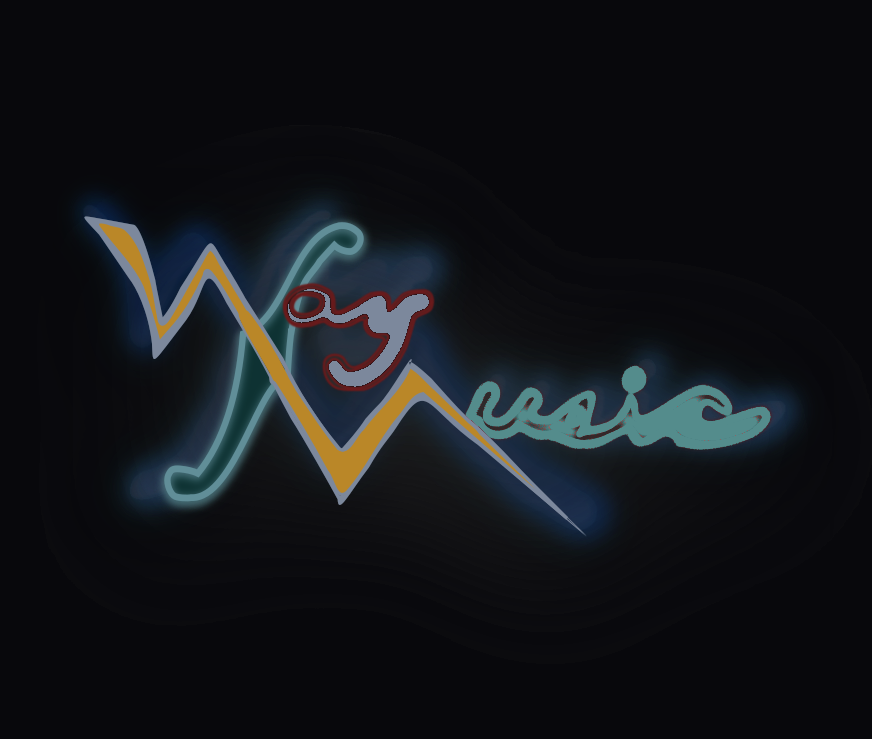The Hegelect
The neologism hegelect both critiques and extends Antonio Gramscii’s importation of Hegelian idealism into Marx’s materialism through the…
The neologism hegelect both critiques and extends Antonio Gramscii’s importation of Hegelian idealism into Marx’s materialism through the cluster of ideas he formulated as “hegemony.” It frames this by borrowing the sociolinguistic idea of dialect and its back formation, “lect.” While Marx insisted on the primacy of material conditions, Gramscii argued that the superstructure of ideas, language, ideology, and culture, played a formative role in establishing broad accommodation to the hegemonic or dominant discourse of a particular society, tamping down the impulse toward what Marx saw as an inevitable revolution in Western Europe.
Gramscian hegemony comprises the distinct linguistic and cultural expressions utilized by a dominant social group within specific settings, class situations, genders, sexualities, abilities, regions, age brackets, ethnicities, or other delimited domains. It represents a seeming totality of power relations that the dominant group employs to maintain cultural, economic, or political dominance in a particular context through accommodation rather than violence.
That totality is leaky ship that requires denial and force to continue afloat, thus the need for the hegelect as an operative concept. An amalgamation of “hegemony,” “Hegelian” and “sociolect,” “hegelect” emphasizes the power relations inherent in language and communication. Users of the hegelect, who belong to the dominant group, often hold a position of implicit authority due to the seemingly widespread acceptance of their cultural norms and values by both the dominant and subordinate groups within the specific context, a consent he labels “accommodation.” My term hegelect reflects the spectral nature of that hegemony, treating it as an illusion propagated and delimited not only by symbols and language, but by police force and epistemological as well as material violence,
For Gramscii, hegemony derives from the dominant culture’s capacity to establish a linguistic boundary, creating an inherent advantage for those who possess its knowledge, while simultaneously restricting the understanding and access of non-users. In this line of thinking the only alternative available to those not possessing the hegemonic language and culture is resistance, which by definition is framed in the terms of the hegemonic language and culture: “resistance to,” with hegemony the only option on the menu.
In framing the hegelect as a necessary term, I am recognizing that hegelect “speakers” do not need to understand anything outside the hegelect. This creates an illusion of an all-encompassing closed system, a world or an ecology rather than one perspective among many. Those who do not possess the hegelect, far from being ignorant, need to understand it as a matter of survival, since it acts as a talisman against real police and political violence.
The dominant culture’s illusion leads to a condition I call empowered ignorance, a hubris that provides the rest with many openings. The hegelect is a variant of hegemonic power relations which recognizes that the dominant group is mistaken in feeling sufficient operating solely within its own discourse. Since hegemony only perceives itself, all the local knowledges that it fails to comprehend become viable options for both operating productively outside the hegemony and directly challenging it in more creative ways than encompassed by resistance alone.
The hegelect is a powerful register that sees no need for code-switching, and can and often does get caught flat-footed when challenged from outside itself, since it derives its power relations directly from its investment in being the only way. Thus, the hegelect is not only a means of domination through consent, but an illusion that provides an opening for change that often takes the dominant culture by surprise, triggering outbursts of raw power and epistemological and physical violence in a self-involved reaction of hurt, fear, and more overt means of control.
The hegelect breaks free from the closed system of hegemony in ways already reflected in the scholarship of historian Robin D.G. Kelley and many others. I first developed and illustrated the idea in my 1997 article, Echo and Narcissus: the Afrocentric Pragmatism of W.E.B. Du Bois.


